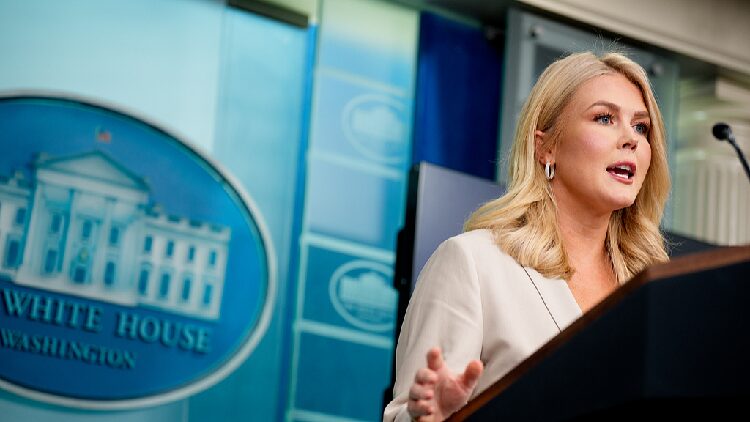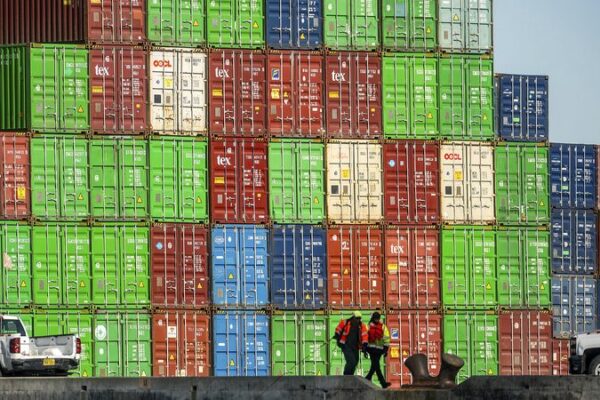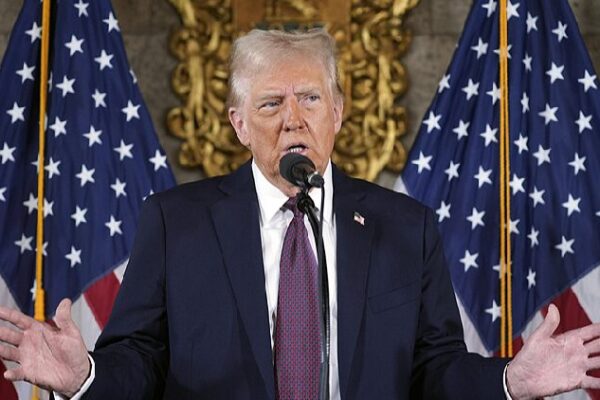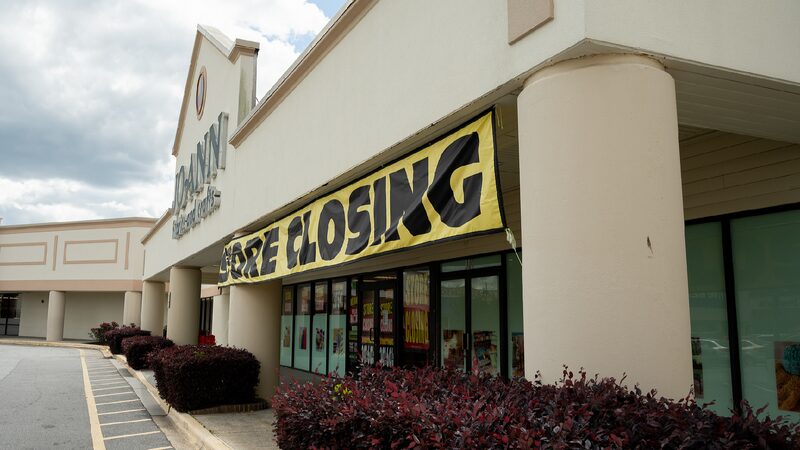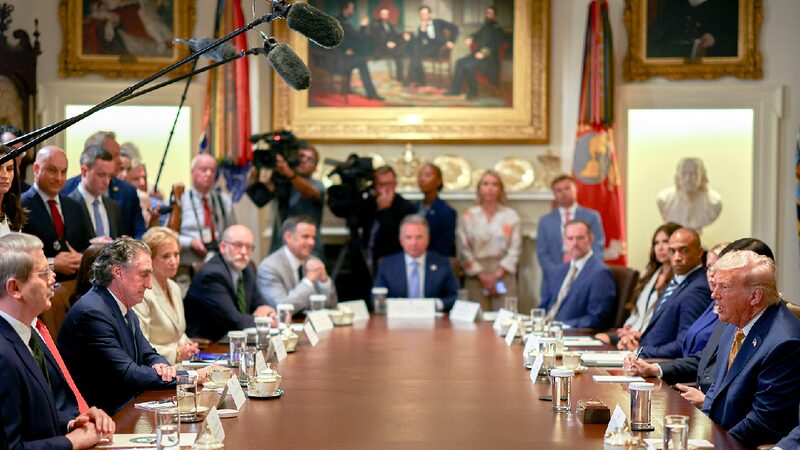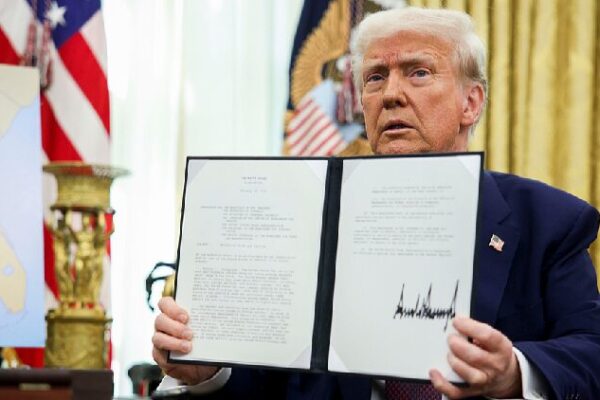The White House confirmed on Tuesday that President Donald Trump will impose new tariffs, heightening concerns about a potential global trade war. The announcement is scheduled for 4 p.m. Eastern Time (2000 GMT), but details about the size and scope of the tariffs remain unclear.
White House spokesperson Karoline Leavitt stated that reciprocal tariffs on countries imposing duties on U.S. goods would take effect immediately after Trump’s announcement. Additionally, a 25% tariff on auto imports is set to take effect on April 3.
According to sources cited by The Washington Post, aides are considering a plan that would raise duties by about 20% on products from nearly every country, rather than targeting specific nations or products. The administration anticipates that the new duties could raise more than $6 trillion in revenue, which could be returned to Americans as rebates.
Meanwhile, The Wall Street Journal reported that the U.S. Trade Representative is preparing an option for an across-the-board tariff on a subset of nations, likely not as high as the 20% universal tariff option.
Economists Warn of Recession Risk
Economists are warning that President Trump’s focus on tariffs is eroding investor, consumer, and business confidence, potentially slowing economic activity and driving up prices.
A number of business and household surveys have shown declining confidence in the economic outlook, citing worries that tariffs will lead to increased inflation.
Data from the global nonprofit think tank, The Conference Board, indicates that consumer sentiment in the U.S. registered the largest monthly drop in over four years in February, as consumers anticipated higher inflation risks. A 20% tariff on top of those already imposed could cost the average U.S. household at least $3,400, according to the Yale University Budget Lab.
Ryan Swift, chief bond strategist at BCA Research, commented: “There’s an initial, one-time increase in inflation at the price level because firms have to raise prices to offset the impact of tariffs. But over the medium term, tariffs would actually slow manufacturing activity, which means less demand… and inflation will end up lower than what it would have been otherwise just because the economy is hurt. It reflects recession expectations.”
Goldman Sachs, in its latest research note, has raised its 12-month recession probability to 35% from 20%, reflecting its lower growth forecast for the fourth quarter, declining consumer confidence, and “statements from White House officials indicating willingness to tolerate economic pain.”
Signs are already emerging that the U.S. economy is losing momentum due in part to uncertainty fostered by President Trump’s approach to economic policymaking. According to the Institute for Supply Management, U.S. manufacturing activity contracted after two straight months of growth, and goods producers reported their input costs were the highest in nearly three years. Tariffs were widely cited as the main source of anxiety for factory managers.
“Rising prices while business activity slows imply the economy could be heading into stagflation,” said Jeffrey Roach, chief economist at LPL Financial.
Rattled investors have also sold stocks aggressively for more than a month, wiping nearly $5 trillion off the value of U.S. stocks since mid-February. Wall Street ended mixed on Tuesday, with investors stuck in limbo awaiting details of President Trump’s announcement on Wednesday.
Other Countries Vow Reaction
The risks are not just isolated to the U.S.
Factories around the world, from Japan to the United Kingdom to Canada, saw activity slump in March as businesses braced for President Trump’s new tariffs, though some saw a bounce in the race to get goods to consumers before the new measures hit.
Canada has vowed to respond with tariffs of its own. “We will not disadvantage Canadian producers and Canadian workers relative to American workers,” Prime Minister Justin Trudeau said in Winnipeg.
Trudeau and Mexican President Andrés Manuel López Obrador spoke on Tuesday about Canada’s plan to “fight unjustified trade actions” by the U.S., the prime minister’s office said. “With challenging times ahead, Prime Minister Trudeau and President López Obrador emphasized the importance of safeguarding North American competitiveness while respecting the sovereignty of each nation,” Trudeau’s office said in a statement.
U.S. companies say a “Buy Canadian” movement is already making it harder for their products to reach that country’s shelves.
López Obrador said on Tuesday that Mexico is prepared to respond to the tariffs on Mexican products. “Let them know that we are prepared. We meet two or three times a week with the team (of government and business experts) to strengthen the various measures,” López Obrador said.
Other countries have threatened countermeasures as well, even as they have sought to strike deals with the White House to stave off the tariffs.
Japanese Prime Minister Fumio Kishida pledged Tuesday to provide financing and procurement support to domestic companies in response to additional U.S. tariffs on automobiles. During a press conference, Kishida said that if the U.S. implements a 25% tariff on car imports, the government will set up designated consultation offices in about 1,000 locations across Japan to meet the funding needs of affected companies.
At the same time, his government is seeking dialogue with the U.S. to exempt Japan from additional tariffs on automobiles and other products.
It was not clear whether those negotiation efforts would succeed ahead of Wednesday, but the hope is that they would lead President Trump to back down in the coming weeks, according to a person familiar with the conversations.
(With input from agencies)
Reference(s):
White House: Broad tariffs effective immediately after announcement
cgtn.com
